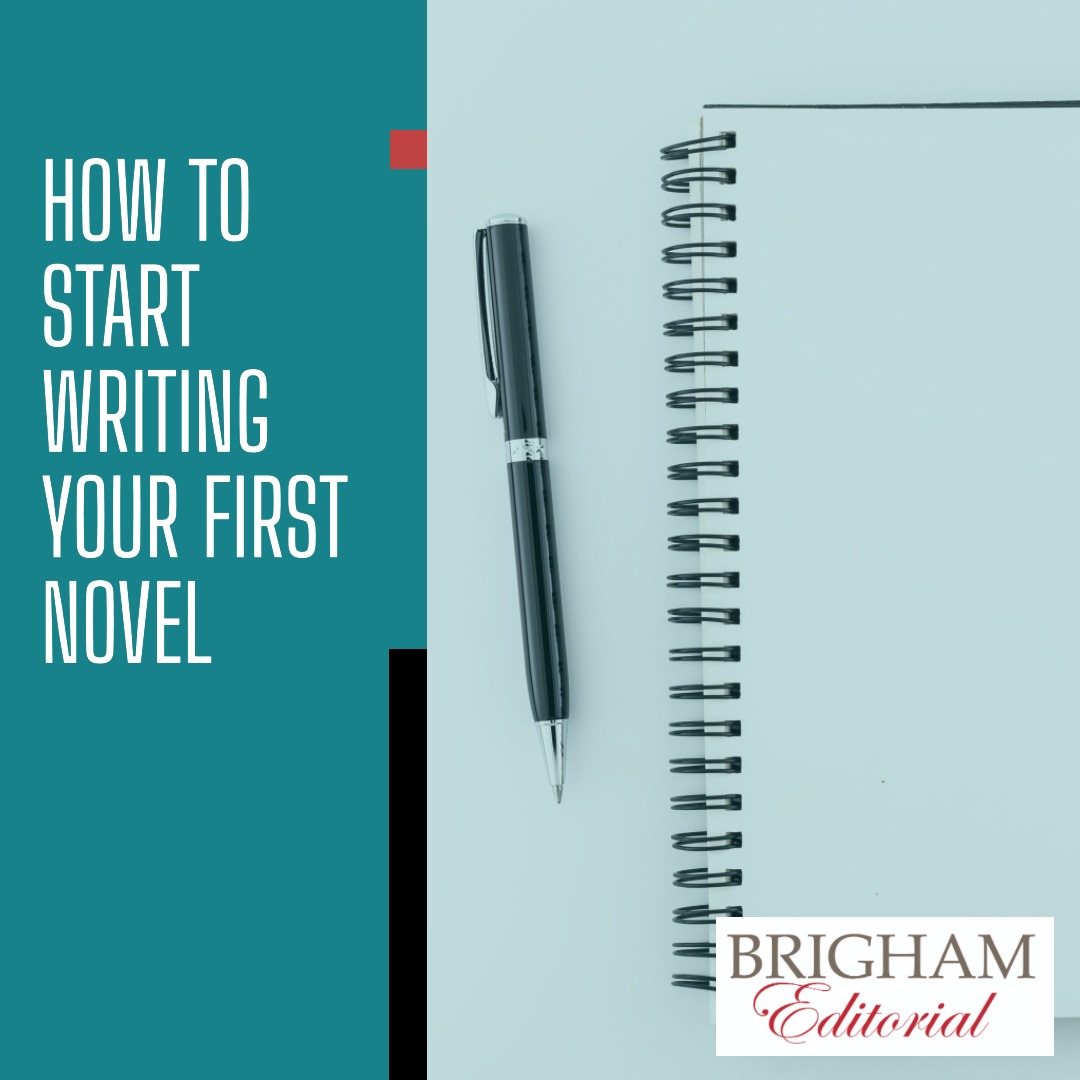I see a ton of query letters where the author isn't just pitching a book but an entire series. We all love a good trilogy, but how do agents and publishers feel about them from debut authors? Let's have a look at how to approach pitching a series to an agent 🧵
#amquerying
1/?
#amquerying
1/?

When you are querying a book, you are querying THAT book as a standalone. It absolutely can be the first in a series, but an agent is looking to see if they can sell this individual story. In your query, make sure Book 1 stands well on its own.
2/?
2/?
The only thing you should say about future books when querying is this: "series potential." You could write something like:
THE WOUNDED GODDESS is a 90,000-word adult fantasy novel with series potential.
That's literally it. Everything else should focus on Book 1.
3/?
THE WOUNDED GODDESS is a 90,000-word adult fantasy novel with series potential.
That's literally it. Everything else should focus on Book 1.
3/?
Here's why: it is VERY rare (like, nearly impossible) for publishers to buy a full series from a debut author before they've seen how Book 1 will sell. If they put out the first book in a series and it tanks, there will be no Book 2 or 3. It's brutal, but true.
4/?
4/?
That's actually why I could encourage authors to only WRITE the first book in a series (at least if you're hoping to try for traditional publishing). You may be putting months or years into a Book 2 that will never see the light of day.
5/?
5/?
I say this knowing full well that for some of us, writing later books in a series is actually fun and impossible NOT to do, whether they get published or not. If that's you, go for it! Write what you wanna write! Personally, I'd rather write something else while I wait.
6/?
6/?
Agents understand how successful a good book series can be, so it's perfectly fine to have big plans! Just know that when you're querying, all they care about right now is Book 1. Worry about that one, and then once you land the agent, you can discuss what comes next!
~el fin~
~el fin~
• • •
Missing some Tweet in this thread? You can try to
force a refresh

 Read on Twitter
Read on Twitter









